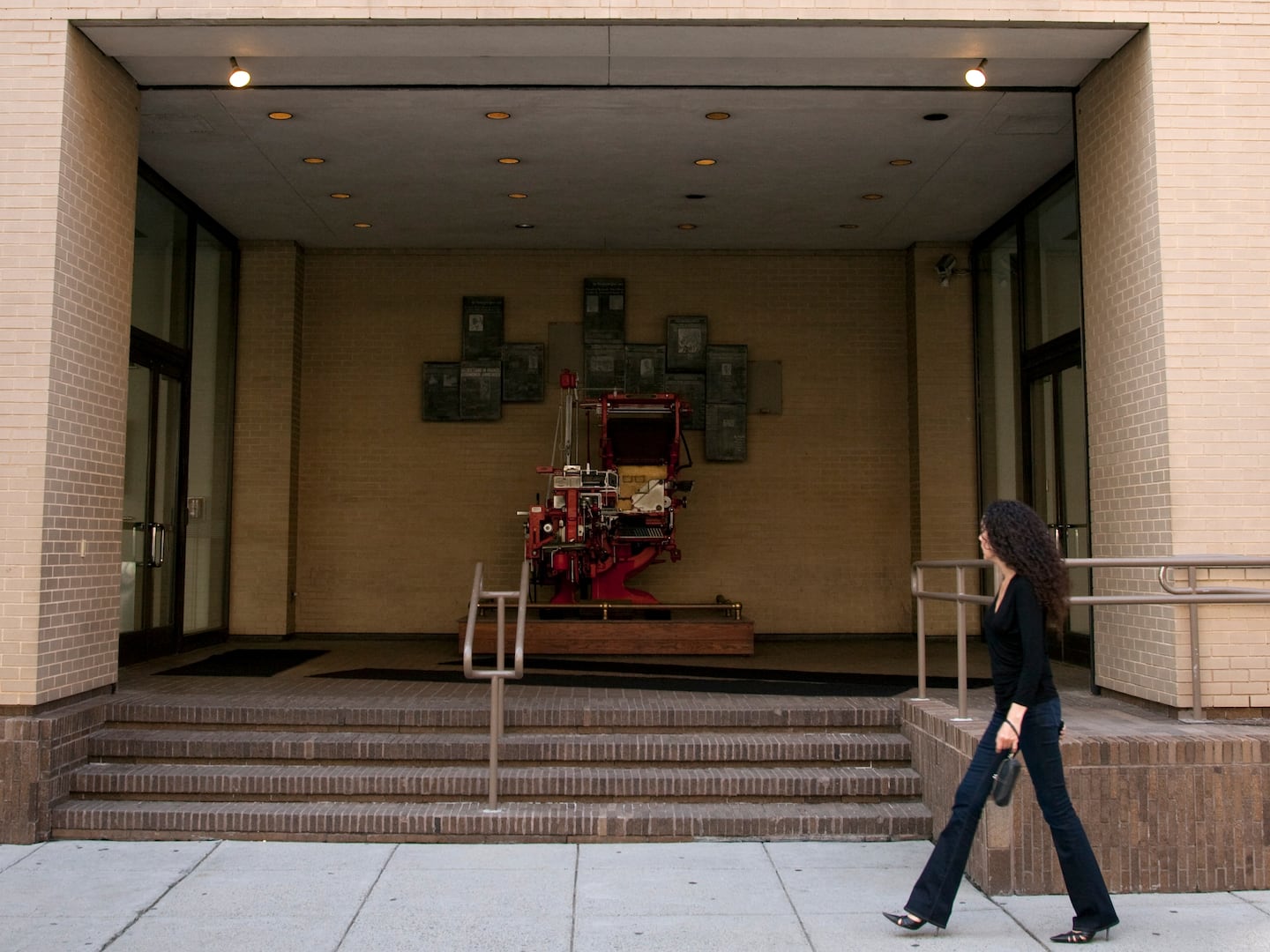Just a day after troubled digital news outlet The Messenger shuttered and hundreds of its journalists were unceremoniously fired, ex-staffers of the short-lived website filed a class-action lawsuit against their former employer.
The lawsuit, filed Thursday in the Southern District of New York, alleges that The Messenger failed to give its 300-plus employees proper notice ahead of their firing—an alleged violation of the New York Worker Adjustment and Retraining Notification Act.
The complaint was filed by The Messenger senior producer Pilar Belendez-Desha on behalf of herself and the other staffers impacted by the site’s sudden closure on Wednesday.
The suit notes that after The Messenger “abruptly” laid off roughly 20 employees early last month, the site then failed to inform the hundreds of remaining staffers it was closing up shop until after they’d first read about it in the New York Times.
“Plaintiff brings this action on behalf of herself and other similarly situated former employees who worked for Defendant and were terminated without cause, as part of, or as the foreseeable result of, a mass layoffs or plant closings ordered by Defendant on January 31, 2024 and within 90 days of that date and who were not provided 60 days advance written notice of their terminations by Defendant,” the complaint adds, alleging this violates the WARN Act.
The now-former employees of the shuttered “centrist” news site seek wages, health and life insurance premiums, and accrued holiday and vacation pay for 60 days following their terminations. They also demand two months’ worth of employee benefits, including health insurance.
A company spokesperson told The Daily Beast that they had “no such knowledge” of the complaint when reached for comment.
After the site’s founder, Jimmy Finkelstein, finally let employees know on Wednesday afternoon that the media startup was closing—effective immediately—staffers were then told that they wouldn’t receive any severance pay and that they’d already been issued their final paychecks.
Furthermore, staff was informed that their health insurance benefits would cease and they would need to return all company-owned equipment, such as laptops, to The Messenger’s office. The homepage was also quickly taken offline, preventing reporters from accessing the articles they’d published over the previous eight months.
The sudden implosion of The Messenger came after it was revealed that the company had quickly burned through the $50 million that Finkelstein raised before the site’s launch last spring.
After it was reported last month that Finkelstein and the company’s board had considered shutting down the site—as it only had enough money to survive for a few more weeks—Finkelstein acknowledged that it was in financial turmoil while laying off nearly two dozen workers.
It was soon reported that The Messenger only had $1.8 million on hand and earned just $3 million in revenue in 2023. This was after Finkelstein and recently departed president Richard Beckman made grand promises of pulling in $100 million by 2024 while claiming the site would pull in hundreds of millions of readers, despite their antiquated business model. They also insisted they’d quickly have a newsroom of 550 journalists.
Finkelstein, however, continued to express optimism in recent weeks that he would secure enough money from investors to keep The Messenger afloat and achieve the lofty goals he had set. Soon enough, he claimed he’d already raised $10 million, would soon launch a video channel called The Messenger TV, and more employees would be hired. It was further reported that a conglomerate of conservative power brokers was looking to buy a majority stake in the company for $30 million.
As January drew to an end, though, anxious employees were met with silence when they asked for updates on whether Finkelstein had succeeded in his fundraising or if the site would potentially be closing. Editor-In-Chief Dan Wakeford told employees last week that they should hear something this week, but that was as much as the staff heard until Wednesday’s closing.
“I am not in the loop. Trying to find out now,” Wakeford said in the site’s general Slack moments after the New York Times first reported on the shuttering.
Minutes later, the site’s Slack was taken down.









